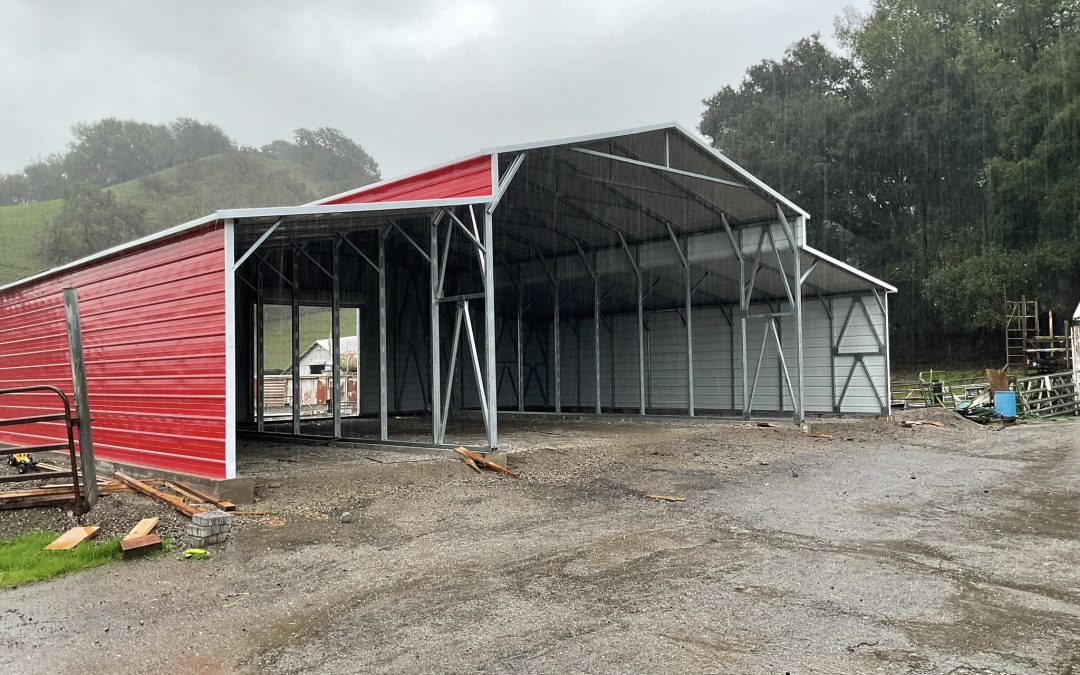Whether you’re looking to create extra outside space, store equipment, or protect vehicles, it’s important to think about what would work best for your requirements.
It might also be helpful to consider aesthetic preferences and climate while making decisions. You can locate a metal carport that perfectly meets your needs and improves your property by adopting a thorough strategy.

1) Access your storage needs
One of the most important initial steps in selecting the ideal metal carport is evaluating your storage needs. Decide what kinds of things you want to store first. Consider the quantity and size of vehicles that require protection, including cars, trucks, RVs, and boats. Determine whether more space is needed for storing items like lawnmowers, bicycles, and gardening tools.
ATVs, kayaks, and other outdoor gear are examples of recreational things that should not be overlooked. You may choose the right carport size and layout to ensure that all your items are adequately protected and organized by having a clear grasp of your storage needs.
It’s important to think about the entire design and functioning of your metal carport in addition to the basic vehicle count. Consider whether you need setups with one, two, or even more vehicles. In addition, make sure your carport has enough clearance for your vehicles’ heights, particularly if you have big trucks, RVs, or boats. Include additional space needed for storing tools, sporting goods, and seasonal equipment.
To prevent crowding, make plans for any future car acquisitions or expansions. A thoughtfully designed metal carport is a useful and valuable addition to your home because it protects your cars and improves usage.
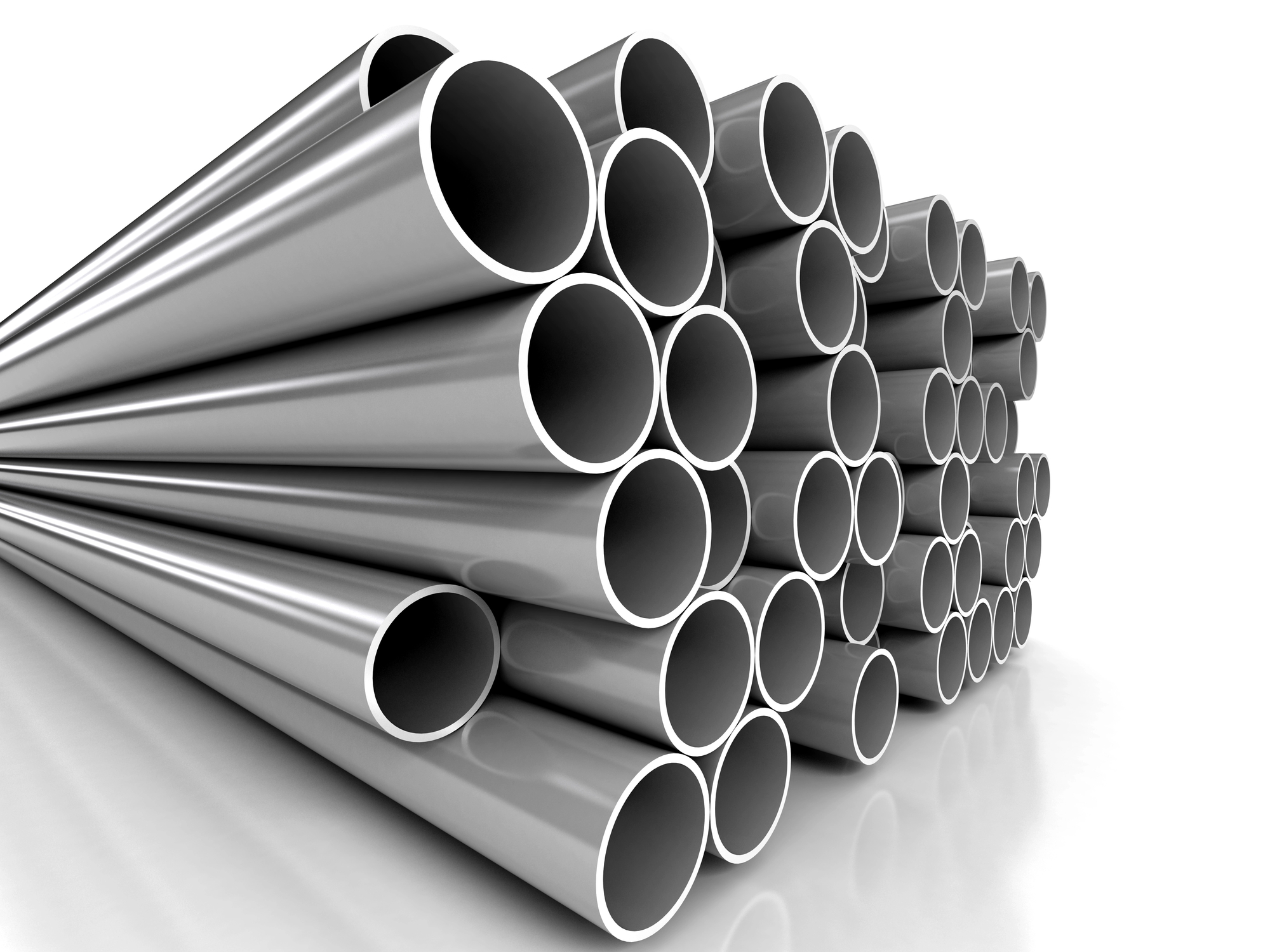
2) Different types of metals to use
It is crucial to comprehend the different kinds of metals available while selecting a metal carport. The most popular materials are steel and aluminum, both of which have advantages and disadvantages.
Because steel is so strong and resilient, it provides the best defense against collisions, wind, and heavy snowfall. Its weight can make installation more difficult, and it rusts easily and needs constant maintenance. In contrast, aluminum is simpler to install, lightweight, and resistant to rust.
It is less durable than steel and requires less upkeep, thus it is not as suitable for locations with harsh weather. To select the ideal material for your requirements, carefully consider these aspects.
When choosing a metal carport, size and dimensions are very important to consider. Measure the location where you want to install the carport’s length, breadth, and height to make sure it will fit properly inside your property lines.
Take into account the size of your cars and leave additional room for opening doors, loading and unloading freight, and doing maintenance. Choose a larger size if you need more storage space or intend to store more than one vehicle.
There are also possibilities for custom sizing, so you can customize the carport to meet your unique needs. Precise calculations and careful design guarantee that your carport has enough room and usefulness.

3) Impact of local climate on material choice
The type of materials you choose for your metal carport is greatly influenced by the local environment. Choosing a material with a high snow load rating such as steel is essential to preventing structural damage in places that frequently see significant snowfall.
Make sure the carport has a high wind resistance rating, reinforced frames, and secure anchoring if it is located in an area that experiences heavy winds or hurricanes. Steel frequently performs well in these circumstances thanks to its strong strength, offering dependable protection.
Even though it doesn’t rust, aluminum might not be as resilient to bad weather as steel. You can make sure your carport is safe and long-lasting by taking your local environment into account when selecting materials.
Selecting the ideal metal carport requires careful consideration of design and style. The carport should blend nicely with your property’s current style and construction. A variety of roof forms, including flat, curved, and gabled roofs, are available as options; each has a unique appearance and degree of protection.
To blend in or stand out from your house or the neighboring structures, color, and finish selections are also crucial. To improve the carport’s appearance, take into account other decorative components like trim, eaves, and overhangs. A well-thought-out carport enhances the aesthetic appeal and total value of your property in addition to fulfilling its intended practical role.
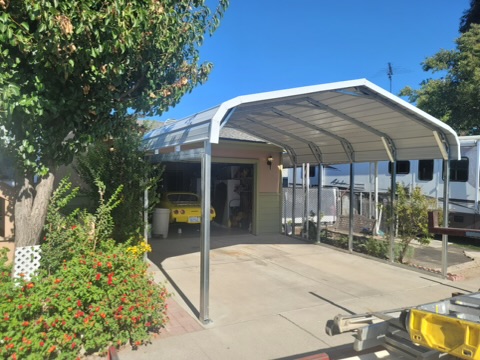
4) Standard carport sizes
It’s critical to comprehend typical carport sizes to select the best building for your requirements. Carports are often available in single, double, or triple formats, with typical widths of 12 feet, 18–20 feet, and 26–30 feet. For one car, a single carport that is about 12 feet wide by 20 feet long is perfect since it gives you plenty of room to move about and open doors.
Double carports can easily fit two cars side by side; they are typically 18 to 20 feet wide and 20 to 24 feet long. Triple carports, measuring 20 to 30 feet in length and 26 to 30 feet in width, provide plenty of space for people with heavy equipment or several cars.
Another important factor to take into account is height, particularly if you own tall vehicles like boats or RVs. To guarantee enough clearance, custom heights are available in addition to the standard height range of 6 to 12 feet.
It’s also critical to consider the requirement for more workplace or storage, which may necessitate increasing the carport’s length. Many manufacturers provide customization choices so that width, length, and height can be changed to meet certain needs.
You can make sure your cars and equipment are adequately protected and useful by knowing and choosing the right standard carport size.
5) DIY vs. professional installation
The decision of whether to build your metal carport yourself or by a professional depends on several things. Although it takes time, materials, and a certain amount of experience, DIY installation can be more affordable and provide a sense of accomplishment. Errors in assembly might result in structural problems, particularly in regions with severe weather.
Even if it costs extra, professional installation guarantees a safe, well-built carport that complies with regional regulations and standards. Professionals can manage intricate patterns and customized sizes, providing peace of mind. Professional installation is frequently the greatest option for individuals who require a speedy, dependable setup, as it ensures the durability and lifespan of your carport.
When done correctly, DIY installation may be both economical and satisfying for those who possess the requisite abilities. For example, it could be easy to assemble a standard single carport if you have building and tool experience. But keep in mind that more intricate or customized designs can be difficult to complete without expert assistance.
For instance, experts can create a triple carport with extra height for an RV, which needs accurate dimensions and strong anchoring. Furthermore, a qualified installer makes sure the carport is strengthened and complies with local building requirements in areas that frequently experience heavy snowfall or severe winds, increasing safety and longevity.

6) Cost considerations
Budget and financing options are important factors to take into account when selecting a metal carport. Establish your budget first, taking into account installation and possible maintenance expenses in addition to the carport’s price. A wide range of prices, from entry-level versions to luxurious custom designs, are offered by many suppliers to accommodate various budgets.
Costlier carports may be affordable with the help of financing alternatives like loans or installment plans. For example, some businesses let you stretch the expense over time via deferred payment plans or low-interest financing. You can discover a carport that satisfies your needs without breaking the bank by looking into these possibilities.
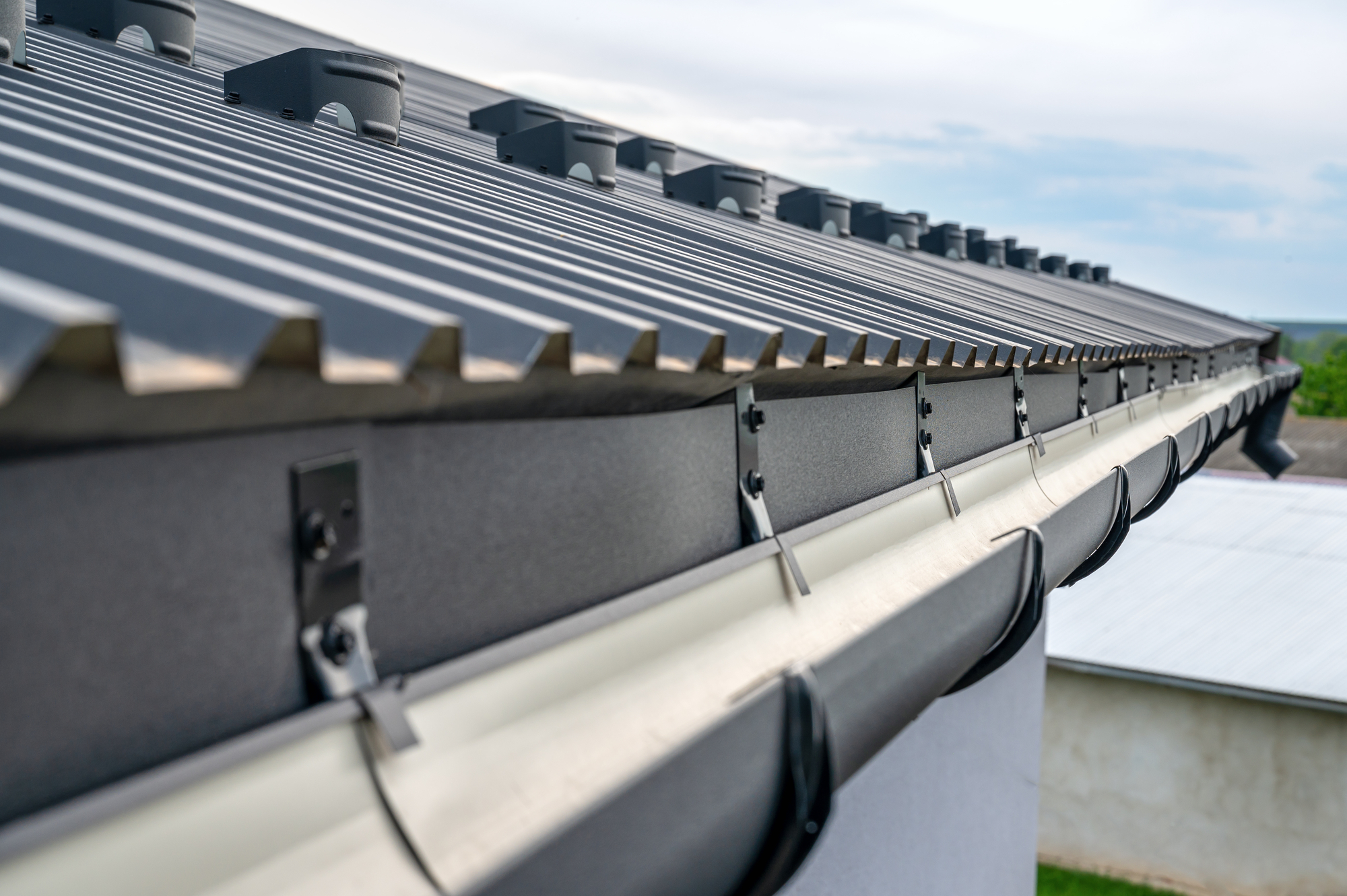
7) Additions to consider
Including gutters and downspouts in your metal carport is a useful upgrade that has several advantages. By keeping water from collecting around the carport’s base, which over time could cause erosion or damage to the foundation, these modifications aid in the management of rainwater runoff.
Rainwater is collected by gutters from the roof and directed toward the downspouts, which safely divert it away from the building. This is crucial in areas that receive a lot of rainfall since poorly managed water can lead to serious problems. Gutter and downspout systems additionally aid in preventing rust and water damage to any automobiles or equipment kept inside the carport by diverting water away from it.
The lifespan of your carport can also be increased by installing gutters and downspouts. Water runoff from the roof can cause the carport’s material to deteriorate more quickly, especially if it’s composed of steel, which rusts easily. These enhancements aid in preserving the carport’s structural integrity by controlling water flow.
Gutters and downspouts that are fitted correctly will give your carport a more polished aesthetic. Certain types are available in a range of colors and styles to blend in with or enhance your carport. All things considered, installing gutters and downspouts is a wise choice that improves practicality, security, and visual appeal.
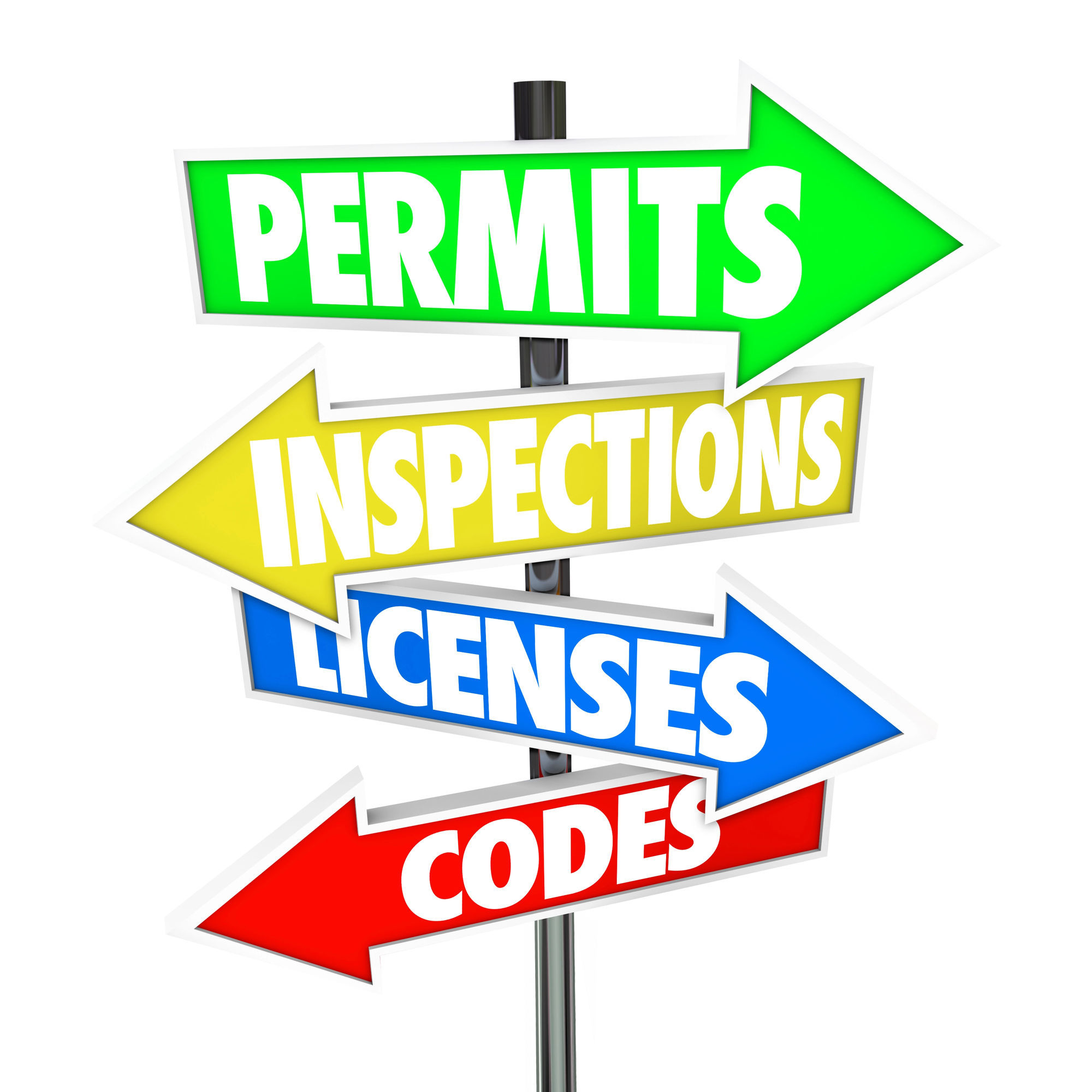
8) Understanding zoning laws and building codes
To guarantee compliance and prevent future penalties or legal problems, constructing a metal carport requires a grasp of local legislation and permissions. Where and how carports can be built are governed by different zoning regulations and building codes in different areas.
These rules may address things like material kind, height, and distance from property lines, among other things. Find out the exact standards in your area before beginning the project by contacting your local building authority. To complete this process, you usually need to submit your planned carport’s specs and comprehensive blueprints for approval.
Although obtaining the required permits may seem difficult, doing so is essential for several reasons. First of all, it guarantees that your carport complies with regional safety regulations and is safe and sound structurally.
Second, unauthorized structures may make it more difficult to sell or appraise a property in the future, which could have an impact on its value. Furthermore, some homeowners’ organizations (HOAs) have specific regulations for external buildings; if you don’t follow them, you may be fined or must have the carport removed.
Getting help from a skilled installer can make following these rules easier. The permission procedure is typically handled by skilled contractors, who make sure that all documentation is properly submitted and that the carport conforms with all local regulations. This saves you time and gives you peace of mind that your carport is long-lasting and compliant with the law.

9) Choosing a reputable vendor
Selecting a trustworthy supplier for your metal carport is essential to guarantee dependability and quality. Investigate reputable suppliers first by reading internet reviews and client endorsements. Seek suppliers who demonstrate their faith in their goods by providing extensive warranties.
Check for experience and industry knowledge; reputable suppliers are more likely to offer better assistance and service. To guarantee competitive cost without sacrificing quality, compare bids as well. A trustworthy vendor will make sure your carport satisfies all of your needs and endures over time by providing clear communication, expert installation services, and after-sales support.
Think about the vendor’s warranty and customer support while choosing a metal carport. A robust warranty shields you from potential flaws or problems and shows the company’s faith in its goods. Seek out warranties that provide long-term coverage for both the craftsmanship and the materials.
Customer service is also crucial, so pick a supplier with a track record of providing prompt, useful assistance before, during, and following installation. Good customer service can help with anything, from selecting the ideal carport to resolving any issues that may come up. A vendor with comprehensive warranties and exceptional customer support guarantees tranquility of mind and a seamless ownership experience.
National Star Carport stands out as your ideal choice due to our commitment to quality, reliability, and customer satisfaction. With years of experience in the industry, we offer a wide range of customizable metal carports designed to meet your specific needs.
Trust National Star Carport to deliver durable, functional, and aesthetically pleasing solutions that exceed your expectations.

